Every Student Matters
Tom Rickards shares with us his thoughts on the Personalised Mentoring Program in the Senior Years. Tom is Head of Senior Years/Deputy Head of The Ridgeway Campus.
One of the key features of research relating to successfully negotiating adolescence is the importance of having positive connections with adults outside the family. Traditionally, schools have been very good at identifying and giving attention to high flying students and also to those who hit major difficulties. However, sometimes the middle-level student does not get the attention and support they need to thrive: those who are not topping the class, nor leading the musical, nor starring in the sporting team, nor are they experiencing specific difficulties that require intervention. Often these middle students do make a wonderful connection to a staff member – students will often connect with a particular teacher through circumstances and be well supported in their time in later schooling. However, at times this can be more due to chance than systematic factors.
At Ivanhoe, we have now been using our Personalised Mentoring System for over 18 months and it is a good time to revisit what this program means and how it works. When I first arrived at the School I was informed that a mantra of pastoral care was that ‘Every Student Matters’: that every Senior Years student will have a staff member that really knows them – their strengths, interests and goals. This is the premise of the personalised mentoring system.
Tenants of Personalised Mentoring Program
A personal approach with quality time: students meet with their mentor one-on-one for a ‘PM’ – Personalised Mentoring session at least once a term for an extended conversation focussed on the student’s feedback regarding their academic, wellbeing and futures progress and goals. This is the framework for the mentor really getting to know their mentees. In the Senior Years, we no longer have the ‘traditional’ model of morning roll call in which the mentor meets with a group of around 25 students for 5 to 10 minutes but this time has been reallocated to having the Personalised Mentoring sessions. The extended Personalised Mentoring session is the springboard for many more incidental conversations. With students having their locker right near their mentor’s office, the opportunities for drop-ins and catch ups to follow up on the goals of a Personalised Mentoring session are regularly there.
Professional Pastoral Carers: each Personal Mentor has a significant focus on mentoring in both their teaching load and their professional development. Rather than being an add-on to a teacher’s teaching load, this role shapes the professional identity of these staff and they have significant time allocated to this role. While each Mentor has around 55 students in their care, this is not so daunting when broken down into groups of about 18 students in each of Years 10, 11 and 12. Personal Mentors also have a significant part of their professional development dedicated to mentoring, coaching and counselling young people. For example, all Mentors have completed the Monash University Adolescent Counselling Course – a ten-week program of three-hour sessions.
Passionate Pastoral Carers: the team of Personal Mentors, who are also the Heads and Deputy Heads of House, are staff who have actively applied for these roles in a very competitive process and are senior leaders within the School. When I first arrived they were described to me as the ‘Rock Stars’ of the teaching staff, meaning that these are some of the staff who students most relate to, respect and will open up to.
The role of other staff: another staff mantra is that ‘all staff are pastoral carers’. Every lesson involves components of academic learning and wellbeing – it is impossible to separate the two. It is also important to recognise that students will connect with a variety of teachers and that to expect a spontaneous dynamic connection between a student and a Personal Mentor just because they have been placed in that group is unrealistic. We know that it is human nature that some of these connections will flourish more spontaneously than others. Many students will find they have great connections with their sports coach, their history teacher, or the staff member who looks after their debating team for example. We want to utilise the great diversity of personalities and life stories on our staff. The point of the Personal Mentoring system is to ensure that no student falls through the cracks – that there is at least one staff member, and a highly qualified one, who knows and is looking out for them.
,,







